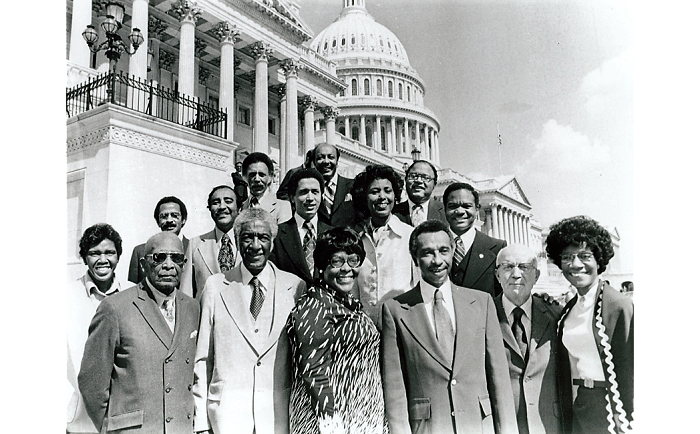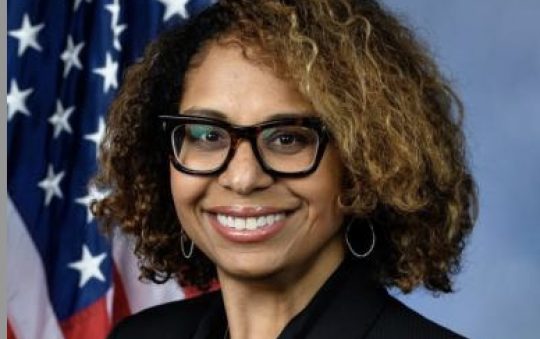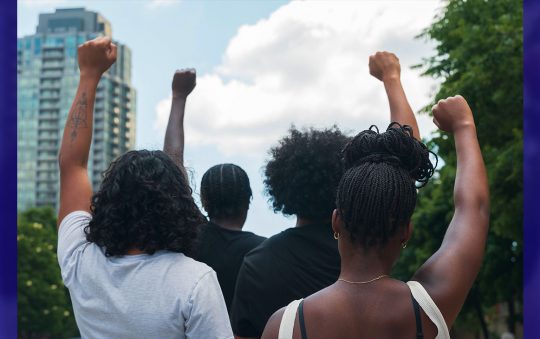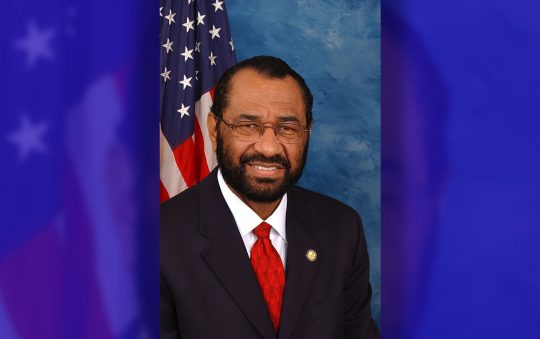
It sort of began in 1955, when a man named Charles C. Diggs Jr. of Michigan joined the United States Congress. He had been concerned about the lack of a forum for black representatives (there were only three at that time including him) to discuss issues important to African Americans. By the opening of the 91st Congress in 1969, Diggs proposed the Democratic Select Committee, hoping that it would foster better communication between the nine black members that had joined Congress by then.
“The sooner we get organized for group action, the more effective we can become,” Diggs said at the time.
The other members embraced the idea, and a more cohesive group, the Congressional Black Caucus was formed by 13 members, including Shirley Chisolm, Charles Rangel, and Bill Clay Sr. Diggs was its first chairman. The CBC’s goals were and still are, “positively influencing the course of events pertinent to African-Americans and others of similar experience and situation,” and “achieving greater equity for persons of African descent in the design and content of domestic and international programs and services.”
That first year, (1971) the CBC boycotted then President Richard Nixon’s State of the Union Address, since he had refused to meet with the members to discuss issues like civil rights, Vietnam and welfare reform.
“Our people are no longer asking for equality as a rhetorical promise,” Diggs said at the time. “They are demanding from the national Administration, and from elected officials without regard to party affiliation, the only kind of equality that ultimately has any real meaning—equality of results.”
At the 1972 Democratic National Convention the CBC drafted the Black Declaration of Independence and the Black Bill of Rights. The Black Declaration of Independence demanded that the Democratic Party and its nominee commit themselves to full racial equality.

The CBC grew steadily for about the next 30 years. In 1975, Pete Stark, a white member who represented a largely African American constituency in Oakland, California, asked to join the all-black caucus. After intense deliberation, the group rejected his request.
Because, said Rangel at the time, “the caucus symbolizes black political development in this country.”
“We feel that maintaining this symbolism is critical at this juncture in our development.”
Members maintained the organization’s unwritten rule to limit membership to African Americans but briefly allowed whites to join as nonvoting associates. In 1988, 41 white Representatives joined the CBC when the caucus instituted its new policy. (source: history.house.gov)
Today, it’s members consist of a diverse group of about 47 members, including Senator Kamala Harris, congresswomen, Karen Bass, Maxine Waters and Barbara Lee. Different ideas and opinions among some of the members sometimes leads to internal conflict, but the group maintains a strong mission to address issues concerning African Americans and other underrepresented people.
Some of the most important issues they address include education, the justice system, social programs such as welfare, and foreign policy issues (especially regarding third-world nations where people of African descent are the majority). Some of the major victories that the CBC was involved in include the 1977 Full Employment Act, the 1982 Martin Luther King Holiday legislation, and the 1986 sanctions against South Africa. The CBC also helped to change President Bill Clinton’s policy towards Haiti. These policy changes included extending more aid to Haitian refugees and placing stronger sanctions on Haiti’s military government. In 2004, the CBC spearheaded a petition to end the genocide in the Darfur region of the Sudan. (source: blackpast.org.)






